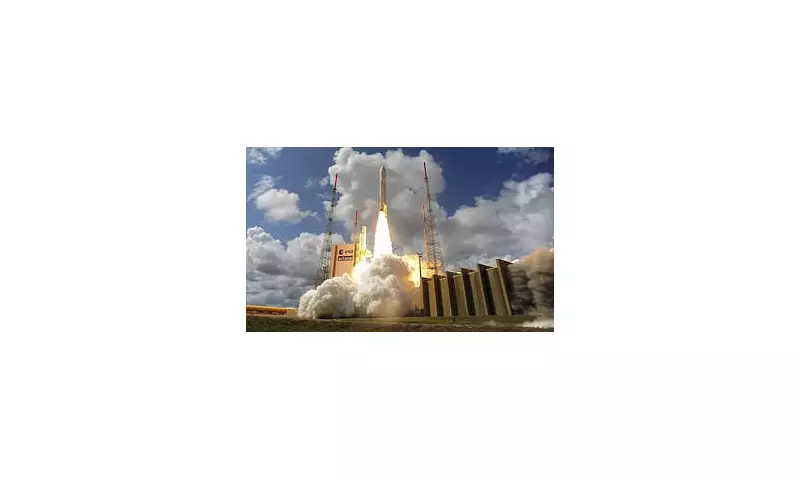
European leaders are racing to develop a comprehensive space defence system as intelligence suggests Russia is actively developing capabilities to target Western satellites, a move that could potentially trigger NATO's collective defence clause and plunge Europe into direct conflict.
The Space Shield Initiative
The European Union has unveiled plans for a revolutionary "space shield" designed to protect critical satellite infrastructure from potential Russian attacks. This ambitious project comes amid growing concerns within intelligence circles that Moscow is testing anti-satellite weapons that could cripple communication, navigation, and surveillance systems essential to Western military and civilian operations.
NATO's Red Line in Space
Security experts warn that any deliberate attack on satellites belonging to NATO member states could be interpreted as an act of war under Article 5 of the alliance's founding treaty. This clause states that an armed attack against one member shall be considered an attack against all, potentially drawing the entire alliance into direct confrontation with Russia.
Military analysts suggest that Russia sees space as the next frontier for warfare, with recent tests of anti-satellite missiles demonstrating Moscow's capability to threaten the orbital infrastructure that modern Western militaries depend on for everything from communications to missile guidance.
Europe's Vulnerabilities Exposed
The proposed European space defence network would address several critical vulnerabilities:
- Early warning systems to detect potential attacks on satellites
- Enhanced surveillance capabilities to monitor space activities
- Redundant communication networks to maintain operations if primary systems are compromised
- Rapid response protocols for potential space-based incidents
"The dependence of our armed forces on space capabilities has never been greater," noted one European defence official who spoke on condition of anonymity. "Any disruption to these systems would have catastrophic consequences for both military operations and civilian infrastructure."
Global Implications
The situation highlights how the battlefield has expanded beyond traditional domains into space, where conflicts could escalate rapidly with global consequences. With both commercial and military satellites performing critical functions, from banking transactions to weather monitoring, the disruption of space-based infrastructure could cause widespread chaos affecting millions of civilians.
As tensions continue to simmer, European nations are increasingly viewing space not as the final frontier, but as the next potential battleground where the rules of engagement are still being written, and the stakes couldn't be higher.





